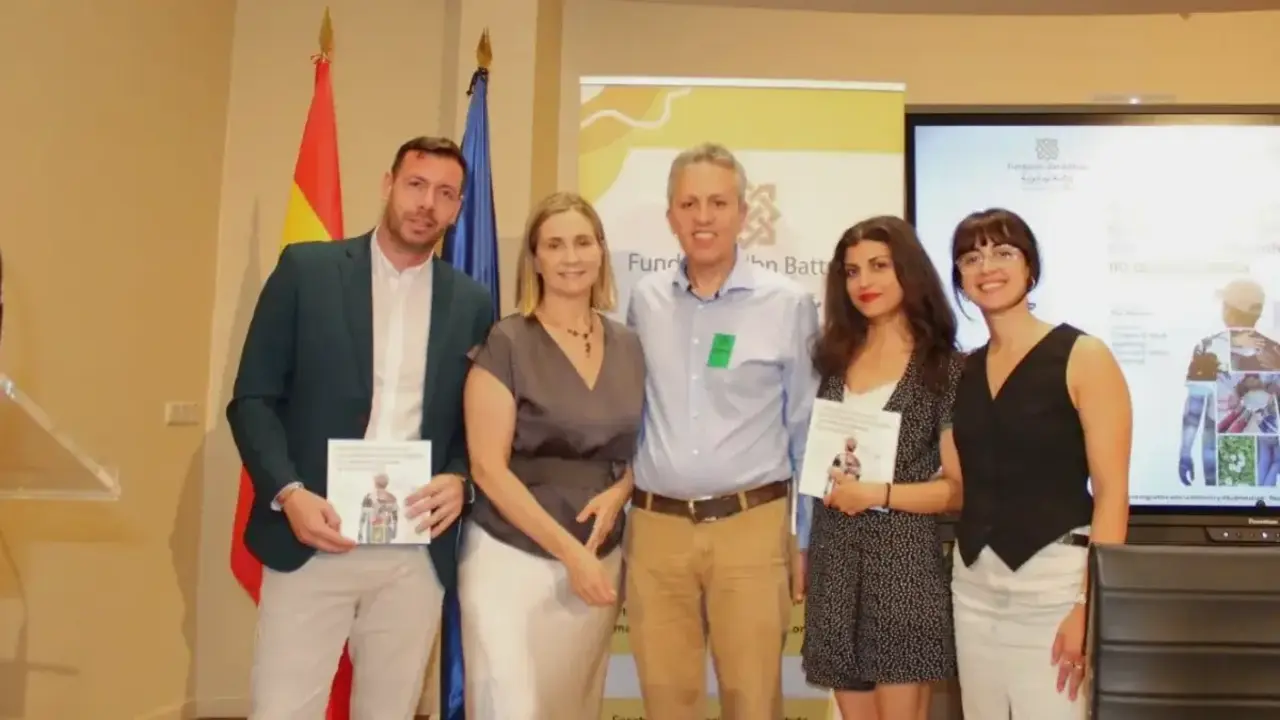Measles cases in Europe rose from 900 in 2022 to more than 42,000 in 2023

Europe has seen a dramatic increase in measles, a highly contagious viral disease that mainly affects children, from 941 cases in 2022 to 42,200 in 2023, according to the World Health Organization.
Despite being a disease that occurs mostly among infants, measles has affected all age groups in 2023, with significant differences in the age distribution of cases between countries.
Overall, two out of five cases occurred in children aged 1-4 years, and one out of five cases in adults aged 20 years and older. From the beginning of the year to October, 20,918 hospitalised cases were reported, and two countries reported five measles-related deaths.
This resurgence of the disease, for which there is no specific treatment and which can have serious complications such as blindness, encephalitis, acute diarrhoea, ear infections and pneumonia, is largely attributed to the decline in vaccination coverage in countries between 2020 and 2022.
According to data available to the World Health Organisation, reported national coverage with the first dose of the vaccine in the European region declined from 96% in 2019 to 93% in 2022, while coverage of the second dose fell from 92% in 2019 to 91% in 2022. In total, between 2020 and 2022, more than 1.8 million infants were not immunised against measles, also commonly known as bunting.
National and international transmission
The resumption of domestic and international travel and the removal of pandemic-related social and public health measures related to the COVID-19 pandemic have increased the risk of cross-border transmission of the disease and spread within communities, especially in unvaccinated or under-vaccinated communities.
Cases have been reported in many countries where measles has been declared eliminated as an endemic disease.
If very high rates of routine childhood immunisation (at least 95%) are not maintained in all communities.
These countries that have achieved measles elimination are still at risk of major and disruptive outbreaks following importation of the virus from other latitudes, the UN agency says.

Vaccination saves lives
The WHO in Europe noted that several countries in the region have started routine immunisation campaigns, while it is supporting countries with large outbreaks to investigate, identify and vaccinate contacts susceptible to developing the disease. It is also supporting the implementation of infection control in healthcare settings, raising awareness and addressing public concerns, improving disease surveillance, and planning and implementing outbreak response immunisation.
However, all countries, even those that do not yet have measles transmission, must carefully assess their immunisation gaps and programme deficiencies and take immediate action to address them.
"Vaccination is the only way to protect children from this potentially dangerous disease. Urgent efforts are needed to stop transmission and prevent further spread. It is vital that all countries are prepared to rapidly detect and respond in time to measles outbreaks, which could jeopardise progress towards elimination," WHO's director for Europe, Hans Henri P. Kluge, said recently.
To return to progress towards measles elimination, it is imperative that countries achieve and maintain greater than 95% coverage with 2 doses of measles-containing vaccines. Therefore, all countries must prioritise the achievement of high routine vaccination coverage and the elimination of immunity gaps.







